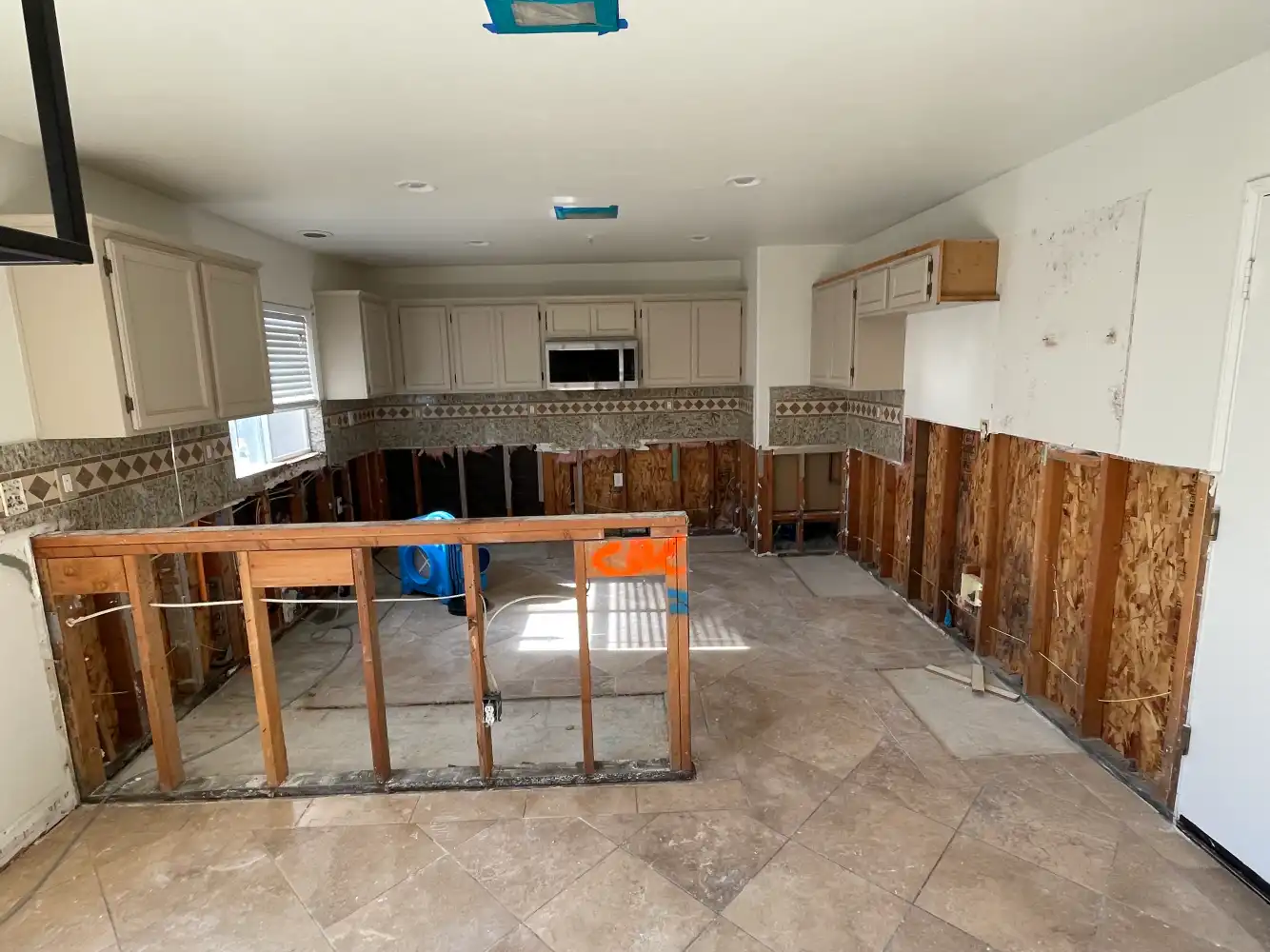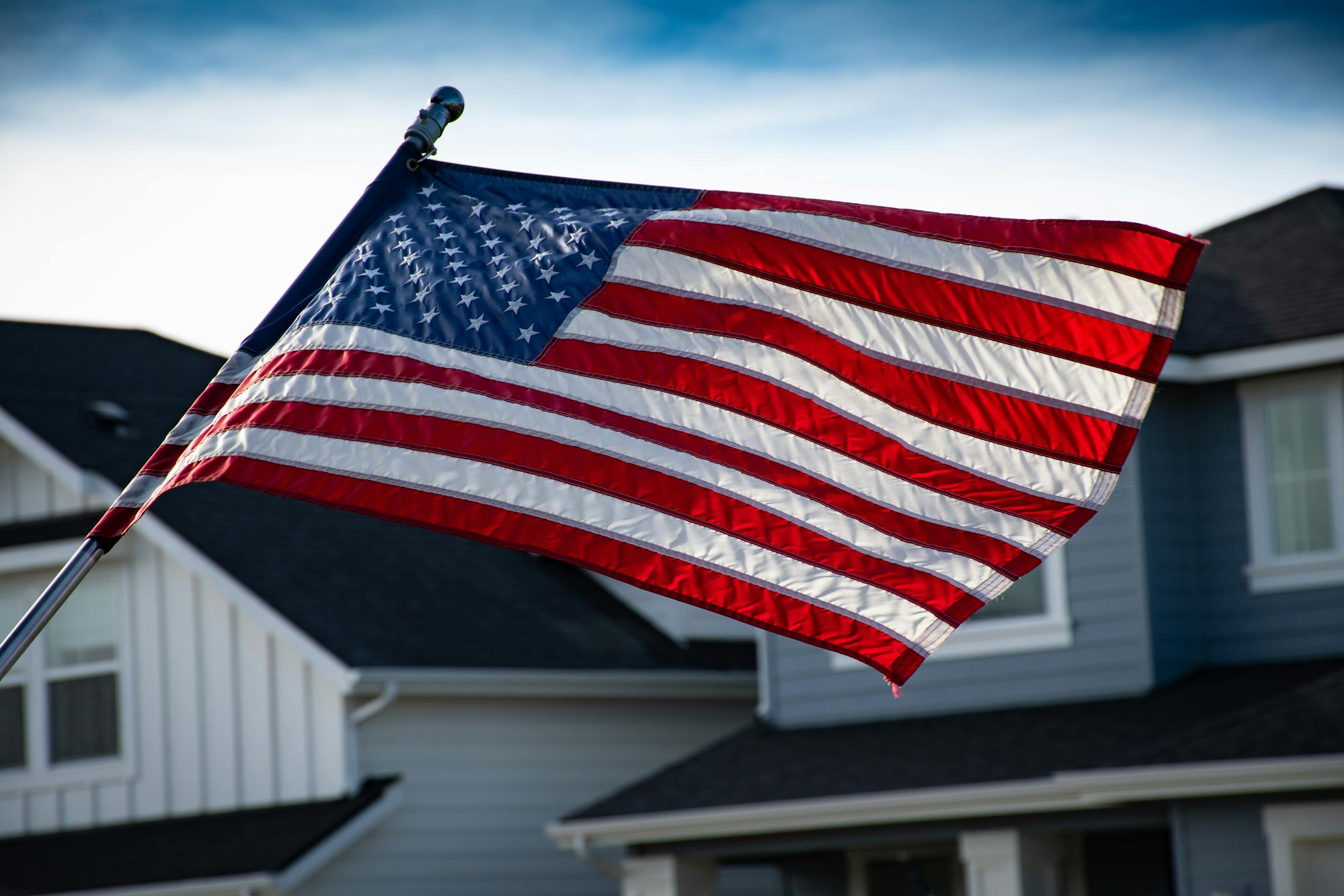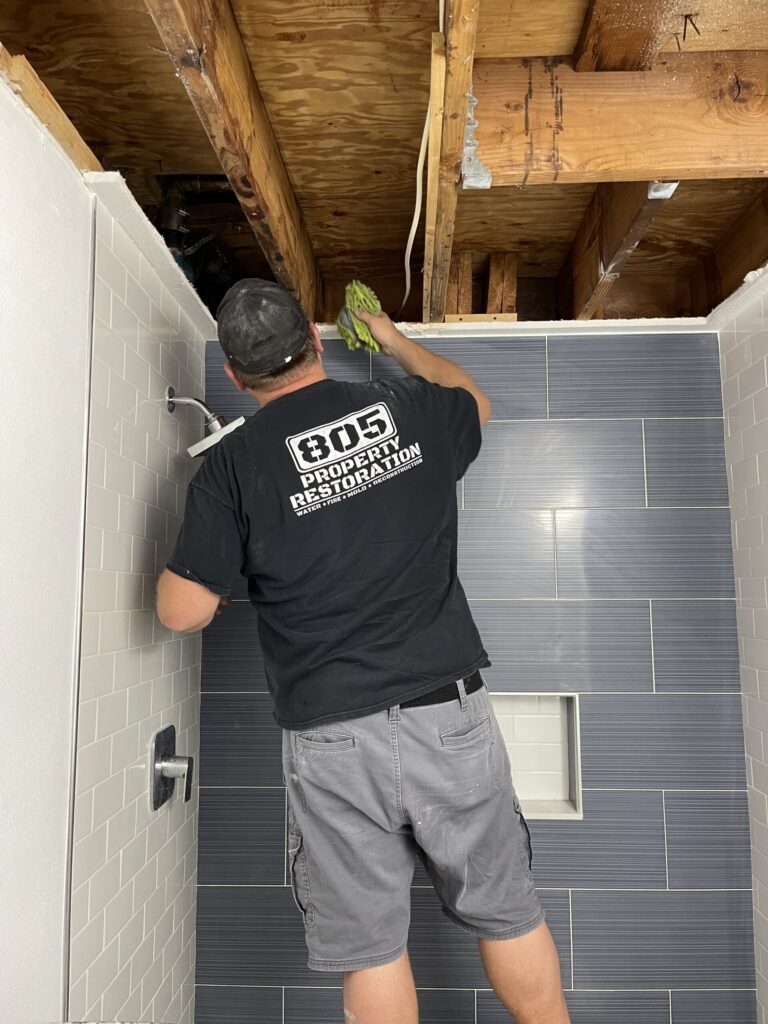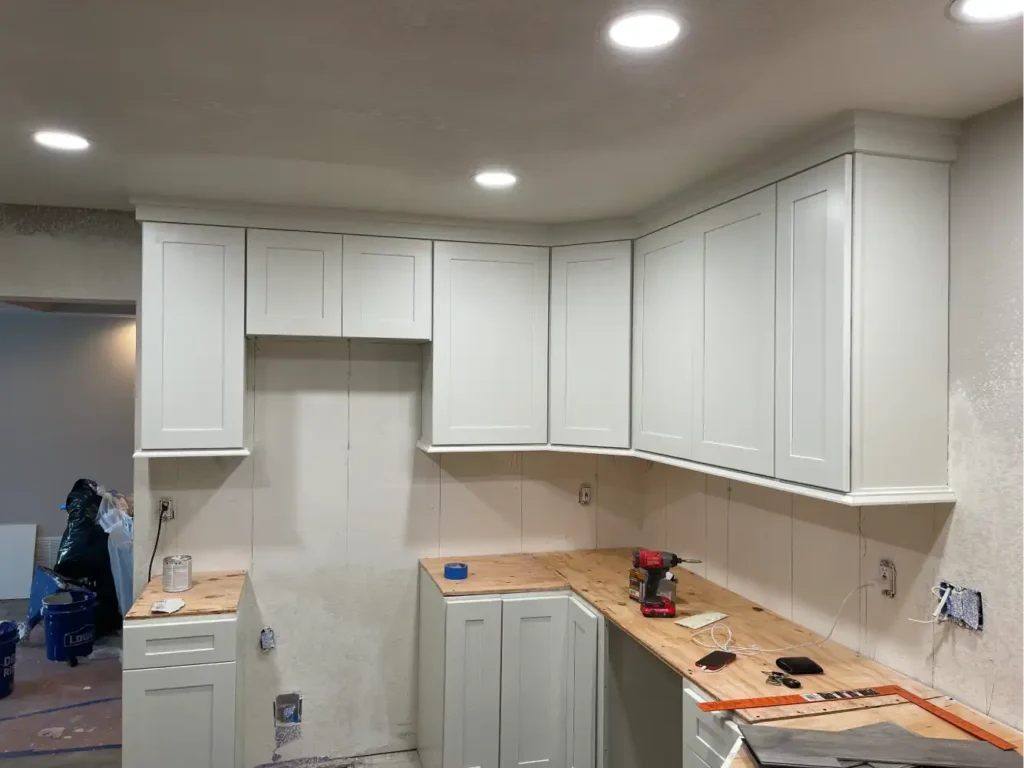Water Damage? We’ve Got You!
From Flooded to Fully Restored
When water damage disrupts your home or business, our expert restoration team is ready to act fast. We provide a complete, start-to-finish solution designed to restore your space efficiently and effectively. Our process begins with immediate water extraction and high-powered drying techniques to halt further damage and prevent mold growth. Next, we assess structural integrity, repair affected areas, and restore your property to its original condition with precision and care.
We simplify the process by handling insurance claims and communication, ensuring a hassle-free experience. Whether it’s damaged drywall, flooring, or a full rebuild, our skilled professionals bring unmatched expertise to every step. With top-quality craftsmanship, reliable service, and a commitment to excellence, we make sure your property is safe, dry, and fully restored. When water damage strikes, trust us to bring your space back to life—quickly and professionally.


24/7 Rapid Response to Water Damage Emergencies
Water damage can escalate quickly, even from a small leak or minor flooding. Just a few inches of water can seep into flooring, walls, and structural materials, leading to hidden moisture pockets that encourage mold growth and deterioration. Ignoring or delaying cleanup can result in costly repairs and long-term damage to your property. That’s why our 24/7 emergency water damage response team is always ready to act fast, minimizing the impact and restoring your space efficiently. We use advanced drying equipment and moisture detection technology to ensure no water is left behind. When water strikes, don’t wait—immediate action is key to preventing further destruction.
Fast, Reliable Water Damage Restoration
Water damage can be overwhelming, but handling it alone can lead to bigger issues like mold growth, structural weakening, and costly repairs. Our professional water damage restoration services ensure that every step, from water extraction to full restoration, is done right the first time. We use industry-leading equipment to detect hidden moisture, thoroughly dry affected areas, and prevent long-term damage. Our experienced team works quickly to restore your home or business to its pre-loss condition with minimal disruption. Plus, we handle insurance claims, making the process as stress-free as possible. When disaster strikes, trust our experts to bring fast, reliable, and high-quality restoration solutions.

Frequently Asked Questions About Water Damage
Dealing with water damage? Contact us today to schedule a consultation and take the first step toward restoring your home or business to a safe, dry, and fully functional space!



